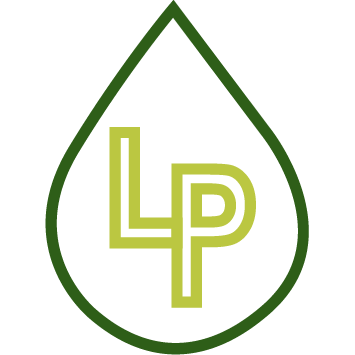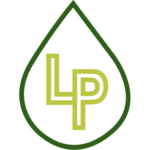Sewer blockages have become an increasing problem in Bayside Melbourne in recent years. One of the main causes of these blockages is the improper disposal of wet wipes. Wet wipes are becoming a popular alternative to traditional toilet paper, but they are not meant to be flushed down the toilet.
Wet wipes are made of non-biodegradable materials, which means that they do not break down easily in the sewer system. They can also easily get tangled up with other debris in the sewer pipes, leading to clogs and blockages. In addition, wet wipes often contain chemicals and other substances that can be harmful to the environment.
The problem is compounded by the fact that many people are not aware that wet wipes should not be flushed down the toilet. They may think that wet wipes are just like toilet paper and can be easily disposed of in the same way. However, this is not the case. Even wipes that are labeled as “flushable” can cause problems, as they may not break down as quickly as they should.
The consequences of sewer blockages can be serious. When a sewer pipe becomes blocked, sewage can back up into homes and businesses, causing damage and creating health hazards. In addition, untreated sewage can pollute waterways and harm aquatic life.
To address this issue, it is important for people to understand how to properly dispose of wet wipes. The best way to do this is to throw them in the rubbish. If you are using wet wipes for personal hygiene, you should place them in a small rubbish can in your bathroom and empty it regularly.
In addition, it is important to educate the public about the dangers of flushing wet wipes down the toilet. This can be done through public awareness campaigns, educational programs in schools, and informational materials distributed through local government agencies.
Another solution to this problem is to encourage the development of more environmentally friendly alternatives to wet wipes. For example, some companies are now producing biodegradable wipes that break down more easily in the sewer system. These types of products can help reduce the amount of non-biodegradable waste that is being flushed down the toilet.
Ultimately, addressing the problem of sewer blockages caused by wet wipes will require a combination of public education, government regulations, and technological innovation. By working together, we can help ensure that our sewer systems remain clean and functional, and that our waterways are protected for generations to come.

